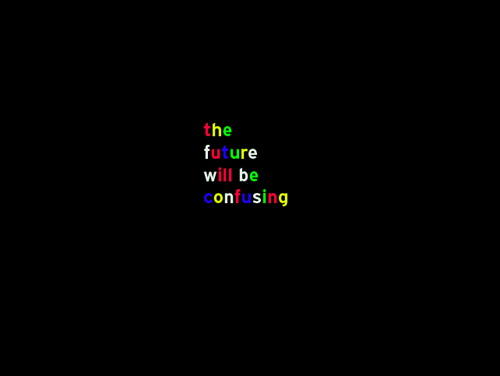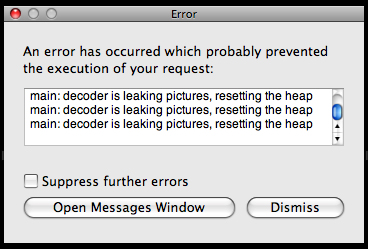"Working with the rules, history and logic of the game, and the eccentric yet analytic language used to describe it, Kerbel constructs a perfectly playable yet unseen innings of [a baseball] game…".
Headed out of the house in the pouring rain yesterday to go see Janice Kerbel's performance Ball Game (Inning 1) at Site Gallery as part of Art Sheffield 08. In the piece an actor reads a text in the form of a play-by-play radio commentary, describing an imaginary game of baseball. Sheffield gray sky is still visible from the place I sit on the floor as the actor starts to read in a genial-yet-mannered more-or-less other-era tone, a tone which multiplies the already complex spatial and temporal co-ordinates of the event. A live performance which is nonetheless a script-reading, in the form of a non-existent transatlantic (non-broadcast) radio broadcast, the whole relating to a fictitious game that is 'taking place' (ie not taking place at all) in (some generic, conjured) America. The way he tells it each pitch, run, strike, catch and roar, takes place in front of this commentator, who persists in describing events he cannot see, in place (and by means) of the script which he is reading from and in place (furthermore) of the room, and the audience, whose presence, seated on chairs or leant against the walls, he could see clearly (just as we see him) if only he'd close his minds eye and look with his real ones. Live, not live at all, here, now and, in every way there and back then. A 1950's or 60's Americana blue sky superimposed on our overcast one.
I had to think about the relation between commentary (esp radio commentary) and the act of visualizing – that perhaps radio commentary is never quite as good a methodical or objective visualising tool as one might expect it to be – that its tropes, tricks and poetic turns are very much as much emotional, musical, textural as they might be blow-by-blow or systematic notes to the (re)construction of an event. Also struck by (and quite liking) the determined whimsicality of choosing this to-me distant kind of sport for such a treatment (a reconstructed/imagined football commentary would have tapped quite different buttons for most of those watching I think..). I can safely say that what few/any baseball or baseball-commentary associations I have are all already virtual – false memories implanted via some film which probably has Kevin Costner in it, or via staring at the pictures too long in faux-American restaurants or bars (either here or in real America). I certainly never went to a game. And I dont think I heard a commentray before this one, except already in a movie.
The other thing I got to thinking about was the relation between foreground and background. There's some very interesting stuff in Elaine Scarry's book Dreaming by the Book, about writing, in which she describes writers techniques for making locations feel real/vivid/solid in fiction (or in language). One of the things she points to is a device of constructing 'solid walls' by focusing on things that interrupt, mark or obscure them. She writes about light for example, passing over walls – I think the example she gives is from Proust – some sequence about a magic lantern image spinning over the bedroom walls – a sleight of hand she says, in which our attention is focused on the ephemeral image from the lantern, as we are in fact seduced into drawing/providing the walls and the objects which line them, with a solidity that they'd lack if described directly.
The related moment for me yesterday was early on in Kerbel's performance piece, when the commentator figure broke off his summoning/description of the team line-ups and warm up action on the field and instead drew attention to two birds, allegedly hovering in the blue sky up above the pitch. There was something vivid, seeable, almost tangible about these birds, unauthorised though clearly authored presences which rupture the account of the event, at the same time conferring it authenticity.
(This stuff is relevant somehow to the Forced Entertainment rehearsals which are going right now.. but not in a way that I can articulate usefully. Suffice it to say that the implied/virtual event, summoned in language, as well as the flickering of absent-yet-present performance is something that we loop around on a regular basis these days).



